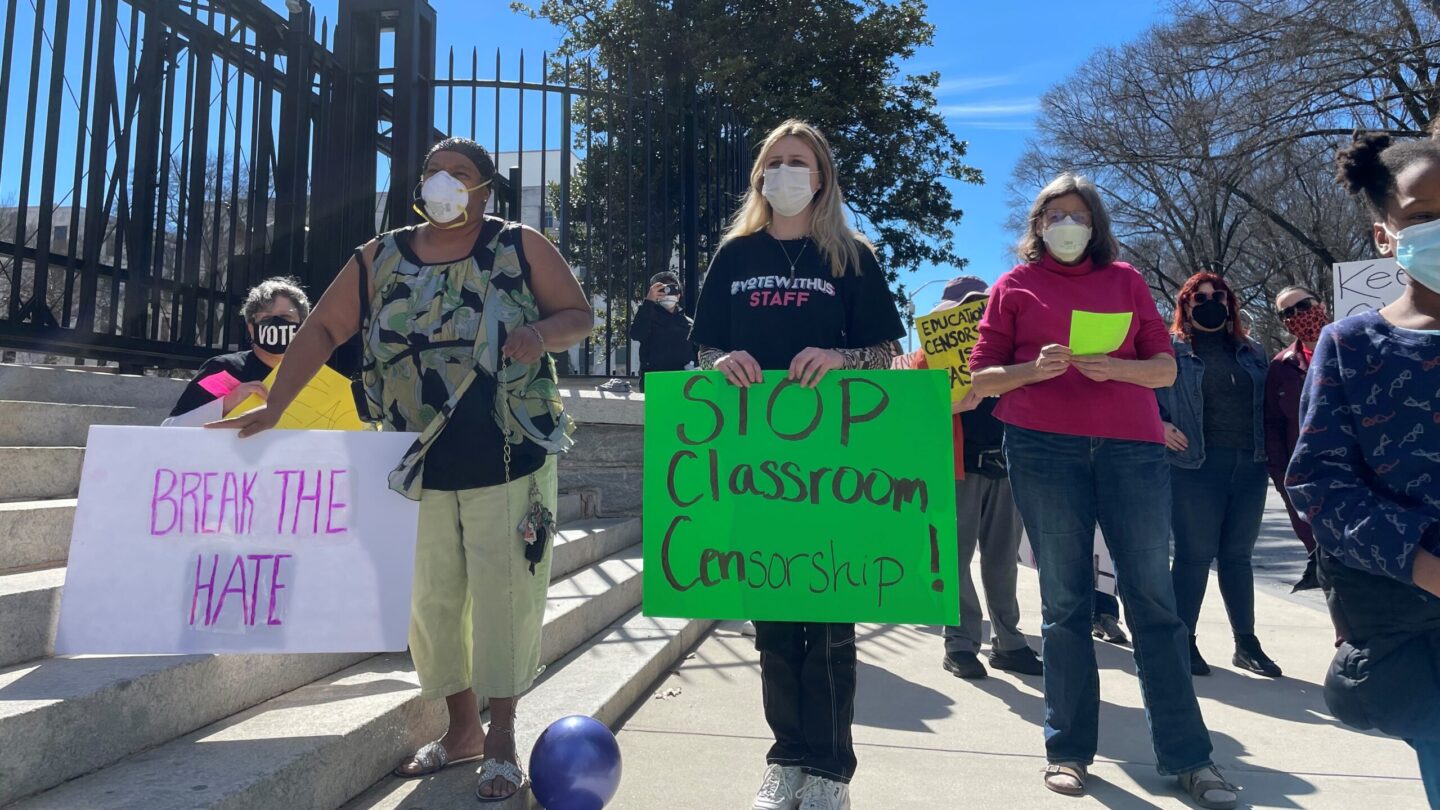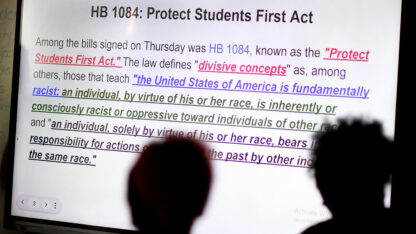On the Tuesday edition of “Closer Look,” WABE education reporter Martha Dalton discusses school district challenges, teacher shortages and Georgia legislation restricting the discussion of several racial and historical concepts in classrooms.
The pandemic’s effects on in-person learning have contributed to a widespread learning gap in the state. Learning loss has become evident in standardized testing performance in several districts, leading many to discuss allocating resources to support students’ return to grade-level performance.
The state’s “Unmask Georgia Students Act,” which prevents the enforcement of mask mandate for students, has also borne uncertainty in the coming school year amid rising coronavirus cases in districts across the state.
As teacher retirement rates in the state continue to outpace applications of new trainees, some Georgia districts have attempted to appease teacher and substitute shortages with increased pay and incentives. Fayette County has implemented a program in which bus drivers can substitute as classroom stand-ins for teachers during planning periods.
New Georgia law provisions have been called vague and confusing by educators.









